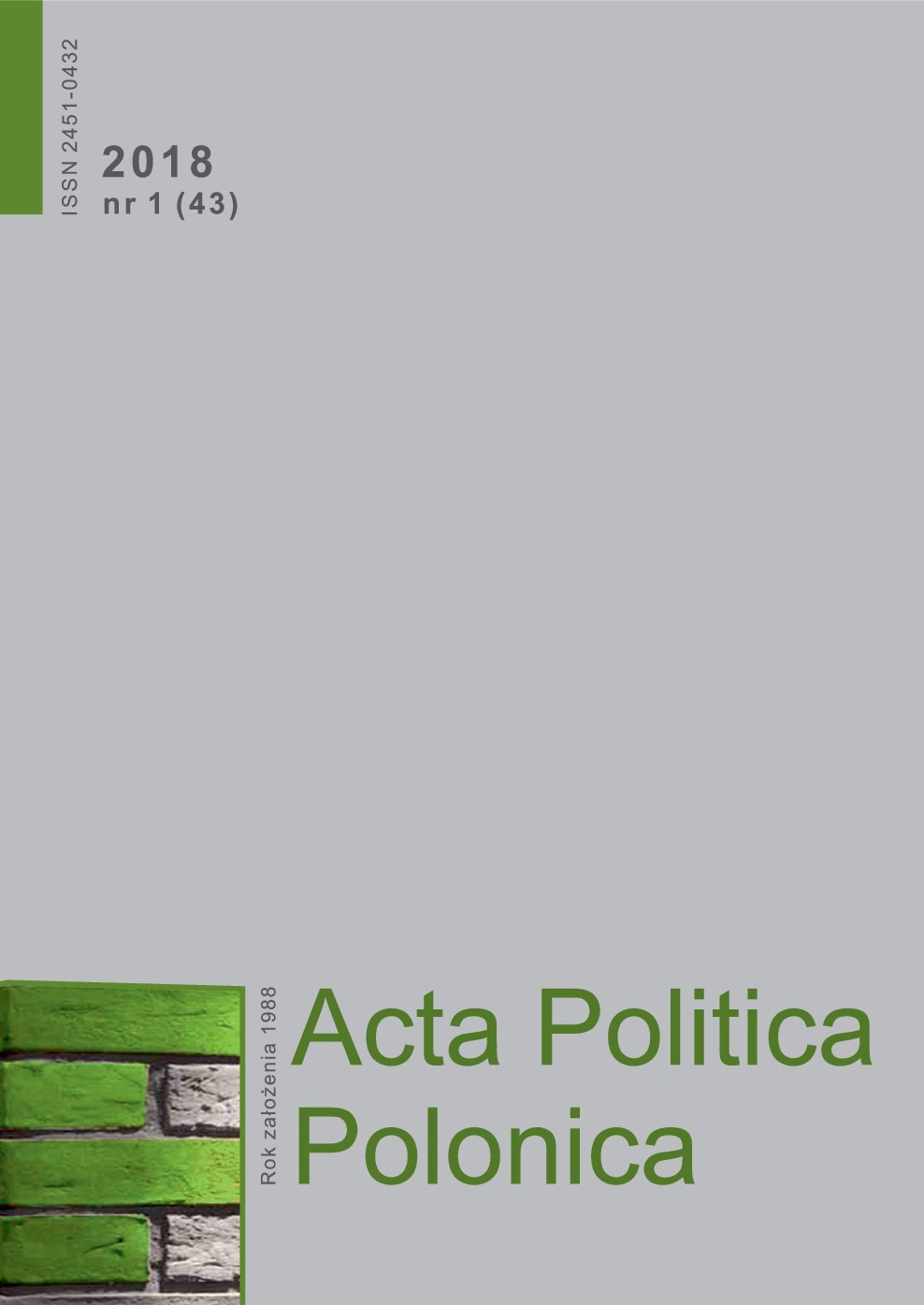Wzrost liczby zachowań radykalnych w Europie a przyszłość Unii Europejskiej
An increase in radical behavior in Europe and the future of the European Union
Author(s): Andrzej WojtaszakSubject(s): EU-Accession / EU-DEvelopment
Published by: Wydawnictwo Naukowe Uniwersytetu Szczecińskiego
Keywords: extremism; radicalism; terrorism; migration policy; security; European Union
Summary/Abstract: The article addresses the problem of the threat of various movements and extremist organizations in EU countries. Some of them are radically religious, which is partly due to the involvement of European states in conflicts in the Middle East. The radicalization of the attitudes of many Islamist groups living in the Union is connected with the idea of retaliation, proclaimed by the leaders of terrorist organizations (eg Al-Qaeda or the so-called Islamic State, IS). The problem is also the extremism of movements and separatist and ethnic-nationalist organizations. Despite the weakening (suspension) of the ETA or IRA, independence claims continue to appear. Corsican or Provencal separatism is very important, and independence is also being said in Catalonia and Scotland. One can not ignore extremists with leftist-anarchist or radical right-wing views. The EU seeks solutions and undertakes various initiatives to minimize the threat. Strategies, declarations, programs are created, new institutions are created. It is essential that in the face of radicalization of extreme attitudes EU member states work closely together.
Journal: Acta Politica Polonica
- Issue Year: 2018
- Issue No: 43
- Page Range: 13-25
- Page Count: 13
- Language: Polish

